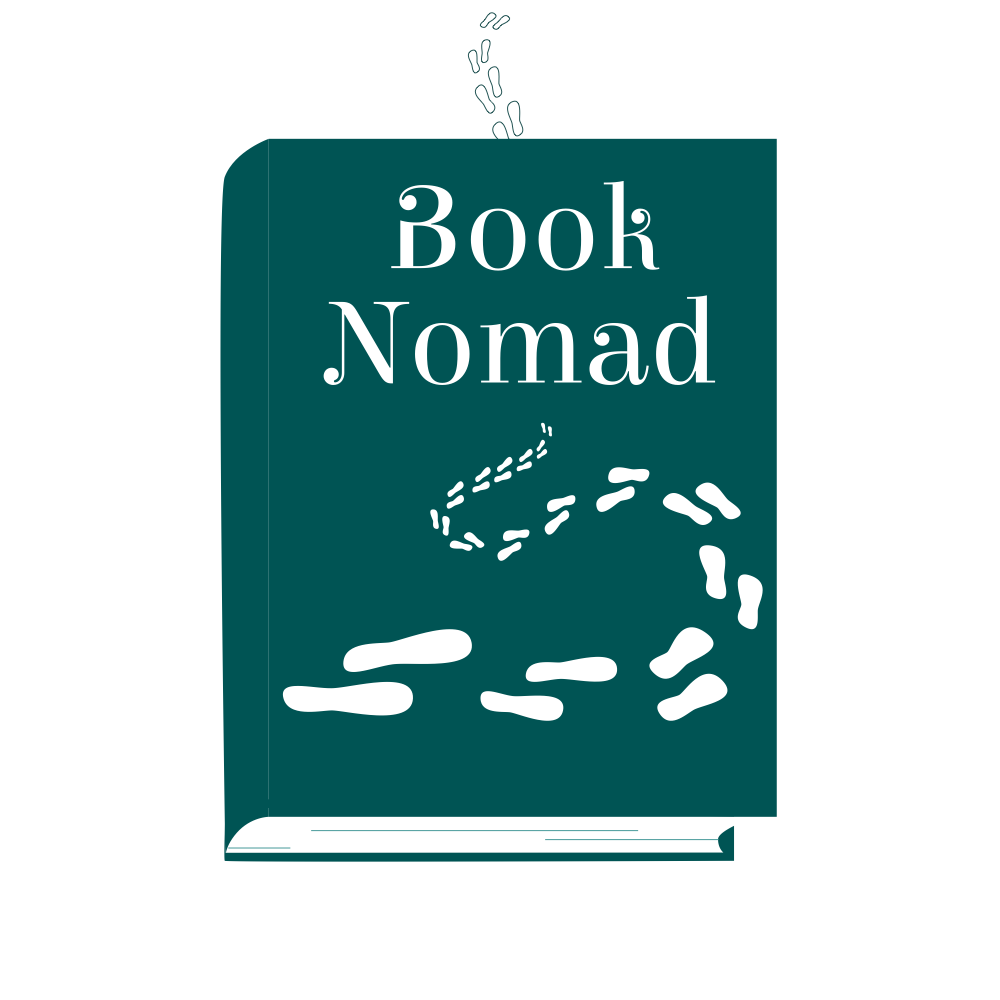When is a crime thriller not really a thriller but more of a series of self-discoveries on the path to uncovering the truth of a family secret? Cocoon (original title: 茧) by Zhang Yueran, translated by Jeremy Tiang, begins with the reuniting of two childhood friends, Li Jiaqi and Cheng Gong, now in their 20s, and is told from their alternate perspectives as they tell the story of growing up from their perspectives, filling in gaps in each other’s knowledge to lead each other and the reader towards the truth of a crime that occurred in their family before their time. Given the somewhat reflective, slow pace of this novel, as well as its lack of clear-cut answers, its description as a “thriller” in the blurb is misleading to me and undoubtedly affected my ability to get into the book quickly as it was very different to what I was expecting. I don’t know if there are different expectations of this genre in other languages, but I associate it with plot-driven, fast-paced stories, not the character-focused writing that we find in Cocoon. Another aspect I struggled with was the blurring between the narratives of the two characters in the first third or so of the book: I sometimes couldn’t remember whose family was whose as they were (intentionally, I assume) very similar. As I write this, though, I wonder if the purpose of such similarity was to suggest that the fates of each family could easily have been switched, given that there are no objectively “good” people in this book and any of the people involved might have made the same choices given the chance.
Both Li Jiaqi and Cheng Gong grew up in very dysfunctional families and this is a main theme of the book. How does the lack of a respectable father, a respected mother, loving grandparents and aunts and uncles, affect a child? How does this absence of love and warmth follow a child into the choices and relationships of adulthood? Zhang Yueran explores the answers to these questions, but she also takes a step further by situating them in the context of the legacy of the Cultural Revolution in China: a time when trust between peers was almost non-existent and toeing the line was the only choice, the alternative being social expulsion and punishment from all sides. As one of the older characters describes it, “You don’t know what it was like back then, you might get paraded through the streets or dragged into a struggle session at the drop of a hat, they’d denounce you for this today and that tomorrow, you never knew when the arrow was going to point at you.” Zhang Yueran does a very good job of showing how the targeting of one man at that time triggered the cycle of dysfunction and destruction of the protagonists’ families for generations. She does this not only through the actions of the various characters and the inability of any family member to escape this cycle, but also through the gloomy, pessimistic atmosphere that pervades the entire novel.
One of the reasons I decided to read this book was to see how a younger writer, based in China, would portray the Cultural Revolution and its effects. Zhang Yueran has taken a different approach to a previous novel I have read on the topic, Beijing Coma by Ma Jian (trans. by Flora Drew). Beijing Coma is very explicit and direct about the events of the Cultural Revolution, portraying in detail the “reform-through-labour” camps, vigilante “justice” carried out on neighbours, colleagues and even family members, and the psychological trauma that the time inflicted on the Chinese population. Cocoon, on the other hand, hardly mentions these events; her novel is focused very much on the personal stories of the characters, but the shadow of the Cultural Revolution falls long over each moment of the present. I think this makes sense especially when the book is translated from Chinese, written for a Chinese readership; the writer implicitly expects a certain level of knowledge of that time for the reader to draw from. After finishing this book, I remembered one of the points of discussion that I brought up in my podcast episode about Beijing Coma: even though many of the events of that time have been censored and people don’t always want to talk about them, their impacts on families across China cannot be erased. History cannot be erased. This book portrays that exact point very clearly.
There is much more that could be said about this book: how lack of nurturing childhoods manifest through violence, inability to sustain relationships, guilt in different forms; the methods people who have been through such difficult times use to survive, especially women; how to view our actions between personal choice and inherited trauma; the striking use of imagery and metaphor in Zhang Yueran’s writing and Jeremy Tiang’s translation; and more, but I’ll stop there. I appreciated the writer’s, translator’s and publisher’s notes at the end, which while short triggered some deeper reflection as I processed the end of the book. It was also nice to have a note on the cover design! I won’t give any spoilers by discussing the ending in depth. I’ll just say that after some thought I realised it is very fitting and leaves us with the message that trauma from the past does not have a simple solution; it is lifelong and manifests itself in complex, unexpected ways.
Thanks to World Editions and Net Galley for the Advance Review Copy.


0 Comments